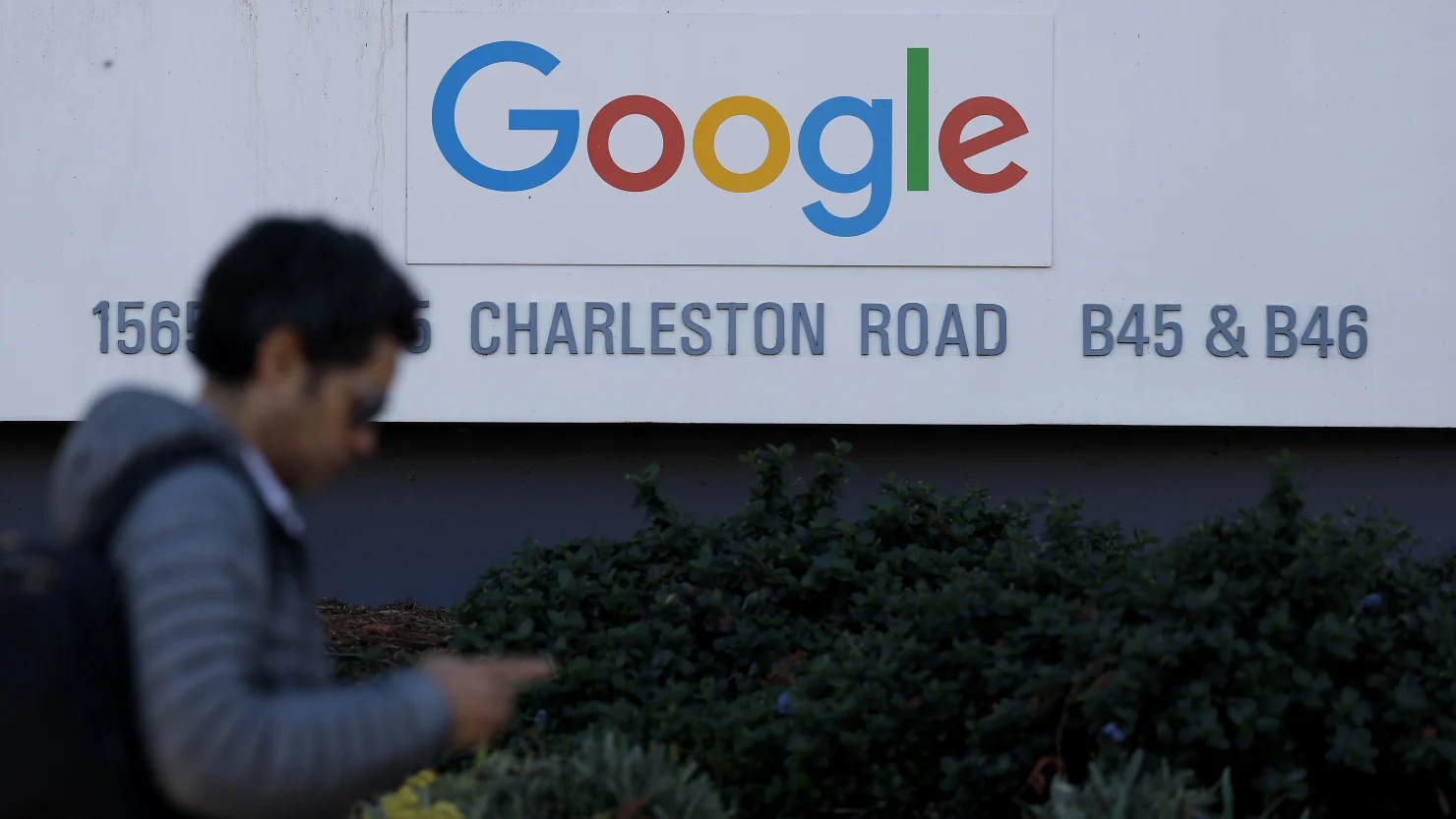Japan’s Fair Trade Commission (JFTC) has issued its first-ever cease-and-desist order against Google, marking a significant escalation in global regulatory efforts to curb the market dominance of major US tech companies.
The unprecedented order, announced Tuesday, accuses Google of violating Japan’s Antimonopoly Act by compelling Android smartphone manufacturers to preinstall its own applications — including Google Play and Chrome — in prominent positions on device home screens, thereby restricting fair competition from rival services.
“This conduct has created a risk of impeding fair competition,” said Saiko Nakajima, a senior investigator at the JFTC. “By binding smartphone manufacturers and telecommunication carriers, Google has made it difficult for other competing search engine applications to be used on Android phones.”
According to the JFTC, the practices in question have been ongoing since at least July 2020. Google also allegedly offered manufacturers a share of advertising revenue in exchange for setting its services, such as Chrome and Google Search, as defaults, and refraining from preinstalling competing apps.
The commission revealed that as of December 2024, Google had such agreements in place with at least six manufacturers that together produced approximately 80% of Android devices used in Japan.
Under the cease-and-desist order, Google must stop any conduct that violates the Antimonopoly Act and is prohibited from requiring manufacturers to preinstall its apps as a condition of business. The order also mandates that Google establish internal compliance guidelines and appoint an independent third party to monitor and report on the company’s adherence for the next five years.
Failure to comply could result in financial penalties.
In a statement, Google said it was “disappointed” by the ruling, asserting that its agreements with Japanese partners have supported innovation and offered more choices to consumers. The company added that it will “review the order thoroughly” to determine its next steps.
Japan now joins the US, the European Union, and other jurisdictions that have taken steps to rein in what regulators view as anticompetitive behavior by global tech giants, often referred to collectively as GAFAM — Google, Apple, Facebook, Amazon, and Microsoft.
The Wall Street Journal, Reuters, and the Japan Times contributed to this report.










The latest news in your social feeds
Subscribe to our social media platforms to stay tuned